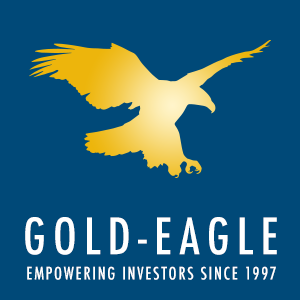Sports betting v. Playing the stock market - Which do you have more faith in? Please compare and contrast these two types of gambling.
I'm sick and tired of people putting down betting on sports. It's a hundred times less risky and more profitable than the stock market for the common man (if you know what you're doing), IMHO. Sure, there are a few Warren Buffets out there but for every guy like that there's a million who have lost their shirt gambling in the stock market. Even if you're winning in the stock market, you can lose big. Here's an explanation:
If the congress wanted to shut down internet gambling, why are datek and all the other online gambling sites that specialize in the stock market still allowed to operate? It's a sad joke.
I'm sick and tired of people putting down betting on sports. It's a hundred times less risky and more profitable than the stock market for the common man (if you know what you're doing), IMHO. Sure, there are a few Warren Buffets out there but for every guy like that there's a million who have lost their shirt gambling in the stock market. Even if you're winning in the stock market, you can lose big. Here's an explanation:
If the congress wanted to shut down internet gambling, why are datek and all the other online gambling sites that specialize in the stock market still allowed to operate? It's a sad joke.

